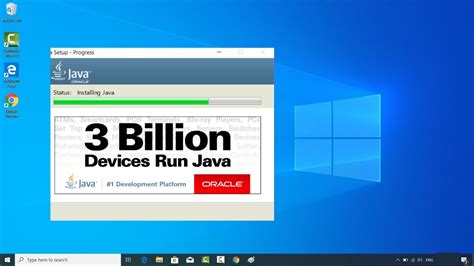```html
Understanding Java JDK: Overview, Components, and Best Practices
Java Development Kit (JDK) is a crucial toolset for Java developers, providing everything needed to develop, debug, and deploy Java applications. Let's delve into its components and best practices:
JDK is a comprehensive package that includes:
- Java Runtime Environment (JRE): This is the runtime environment for Java applications. It includes the Java Virtual Machine (JVM), class libraries, and other supporting files required to run Java programs.
- Development Tools: JDK provides tools like javac (Java compiler), java (Java interpreter), javadoc (documentation generator), and jdb (Java debugger) for developing and debugging Java applications.
- APIs and Libraries: JDK includes a vast collection of standard libraries, frameworks, and APIs for various functionalities such as networking, I/O, database connectivity, and GUI development.
The JDK is composed of several key components:
- Compiler: The javac compiler converts Java source code (.java files) into bytecode (.class files) that can be executed by the JVM.
- JVM (Java Virtual Machine): JVM is responsible for executing Java bytecode. It provides platform independence by abstracting the underlying hardware and operating system.
- Class Libraries: JDK includes a rich set of class libraries providing essential functionalities for Java applications. These libraries cover areas such as data structures, algorithms, networking, I/O, and more.
- Documentation Generator: The javadoc tool generates HTML documentation from Java source code. It helps in creating comprehensive documentation for Java APIs.
- Debugger: JDK provides jdb for debugging Java applications. Developers can set breakpoints, inspect variables, and step through code to identify and fix issues.

When working with JDK, it's essential to follow best practices to ensure efficient development and optimal performance:
- Stay Updated: Regularly update to the latest version of JDK to leverage new features, enhancements, and security patches.
- Use IDEs: Integrated Development Environments (IDEs) such as IntelliJ IDEA, Eclipse, or NetBeans provide robust tools and features for Java development, making the development process more efficient.
- Optimize Compilation: Utilize compiler optimizations to improve the performance of your Java applications. This includes options like enabling bytecode optimization and eliminating unnecessary code.
- Monitor Memory Usage: Use tools like VisualVM or Java Mission Control to monitor memory usage, identify memory leaks, and optimize memory management in your applications.
- Follow Coding Standards: Adhere to coding standards and best practices to write clean, maintainable, and efficient code. This improves code readability, facilitates collaboration, and reduces bugs.
- Security Considerations: Ensure that your JDK installation is secure by applying necessary security updates and configurations. Follow secure coding practices to mitigate potential vulnerabilities.
Java JDK is an essential toolset for Java developers, providing the necessary components and tools for Java application development. By understanding its components and following best practices, developers can build robust, efficient, and secure Java applications.
